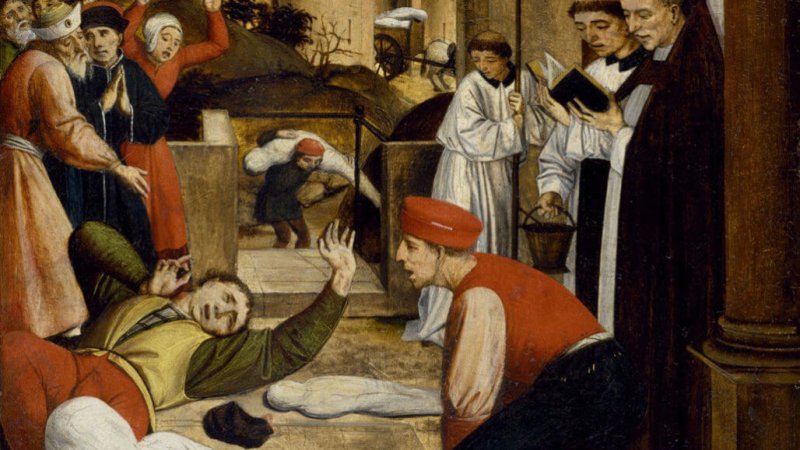Thousands of years ago, across the Eastern Mediterranean, multiple Bronze Age civilizations took a distinct turn for the worse at around the same time.
The Old Kingdom of Egypt and the Akkadian Empire both collapsed, and there was a widespread societal crisis across the Ancient Near East and the Aegean, manifesting as declining populations, destruction, reduced trade, and significant cultural changes.
As usual, fingers have been pointed at climate change and shifting allegiances. But scientists have just found a new culprit in some old bones.
In remains excavated from an ancient burial site on Crete, in a cave called Hagios Charalambos, a team led by archaeogeneticist Gunnar Neumann of the Max Planck Institute for Evolutionary Anthropology in Germany found genetic evidence of bacteria responsible for two of history’s most significant diseases – typhoid fever and plague.
…
“While it is unlikely that Y. pestis or S. enterica were the sole culprits responsible for the societal changes observed in the Mediterranean at the end of the 3rd millennium BCE,” the researchers wrote in their paper, “we propose that, given the [ancient] DNA evidence presented here, infectious diseases should be considered as an additional contributing factor; possibly in an interplay with climate and migration, which has been previously suggested.”































